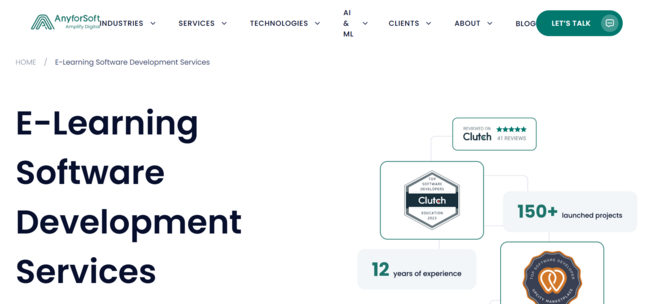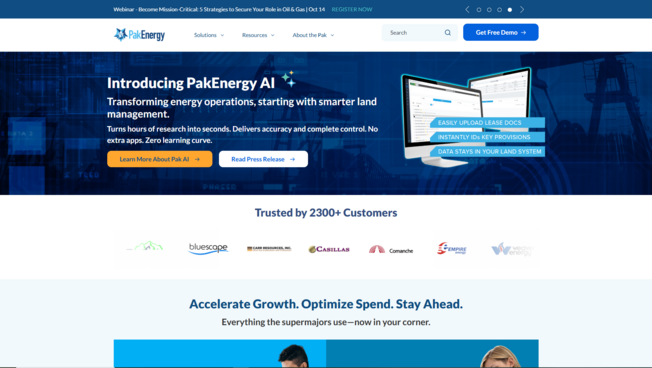
Sales teams constantly look for tools to boost their efficiency in today's competitive business world. AI sales agents have become powerful tools that do more than traditional automation. Let's look at these intelligent systems and how they change the sales process.
What is an AI Sales Agent?
Definition and core capabilities
An AI sales agent is an autonomous application that learns from sales and customer information to work with minimal human input. These intelligent systems can make decisions, learn from interactions, and take independent actions based on available data, workflows, and reasoning capabilities, unlike simple automation tools.
AI sales agents can handle many sales functions, from prospecting and lead qualification to follow-ups and meeting scheduling. Their strength lies in knowing automating all these various sales activities, freeing up human sales people to undertake more valuable tasks.
The core capabilities of AI sales agents include:
- Data analysis: Processing large volumes of customer and sales data to find patterns and extract valuable insights
- Lead qualification: Evaluating prospects based on predefined criteria to identify those most likely to convert
- Personalization: Delivering tailored recommendations and communications based on customer priorities
- Automation: Handling routine tasks while focusing on strategic objectives
- Predictive analytics: Forecasting future trends and customer behaviors
- Dynamic pricing: Adjusting pricing strategies based on market conditions and customer data
- Continuous learning: Improving performance through machine learning algorithms
AI sales agents work around the clock, so no chance is missed and customer questions get immediate attention. This constant availability helps businesses stay connected with prospects across different time zones without needing more staff.
How AI sales agents differ from chatbots and assistants
"AI agent," "chatbot," and "AI assistant" might sound similar, but they represent different technologies with unique capabilities and uses.
Chatbots follow predefined conversation workflows and need manual scripting and training to process user requests accurately. Traditional chatbots have existed since the 1960s and handle simple interactions and common questions [3].
Chatbots work like vending machines with preset responses. They excel in specific scenarios but have trouble with open-ended conversations. One expert says, "For users with a very specific brand voice who want to be prescriptive about conversation flows in key scenarios, traditional bots would give them the capability to control those conversations" [3].
AI assistants work together with users and complete tasks by understanding natural language inputs. They can do more than chatbots but still mainly respond to user requests instead of acting independently. Users and assistants interact through different task steps. Assistants can suggest actions, but users make the final decisions [4].
AI sales agents show the latest progress, standing out with their independence and proactive abilities. AI agents can:
- Observe their environment and gather information
- Plan actions based on available data and objectives
- Execute those actions independently
- Learn from outcomes to improve future performance [4]
This independent action sets AI agents apart from earlier technologies. Chatbots communicate and assistants help, but agents take action [5].
Two main types of AI sales agents exist:
- Autonomous agents: These work independently, talking to leads, answering questions, and scheduling meetings without supervision.
- Assistive agents: These help humans finish specific tasks while still thinking and acting independently. A sales coach agent might practice with reps and give feedback on their pitching techniques.
The best AI sales agents naturally connect with your CRM, enrichment tools, and broader data stack. This integration lets them work with context, whether pulling in firmographics, understanding buyer intent, or triggering the next best action [5].
Companies find that AI sales agents don't replace human sales representatives but increase their capabilities. These tools handle routine tasks and provide analytical insights, which lets human reps focus on building relationships and closing complex deals [6].
Recent data shows that sales representatives only spend about 28% of their time actually selling, and the rest goes to administrative tasks and non-revenue-generating work. Companies can boost their sales teams' productivity and improve profits by giving these tasks to AI sales agents.
Types of AI Sales Agents
AI has guided the creation of many types of AI sales agents. Each agent comes with unique capabilities and purposes. Companies need to understand these different categories to pick the right solution.
Read the rest of the article - CLICK HERE

















Leave a Reply